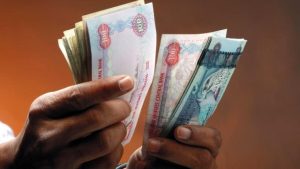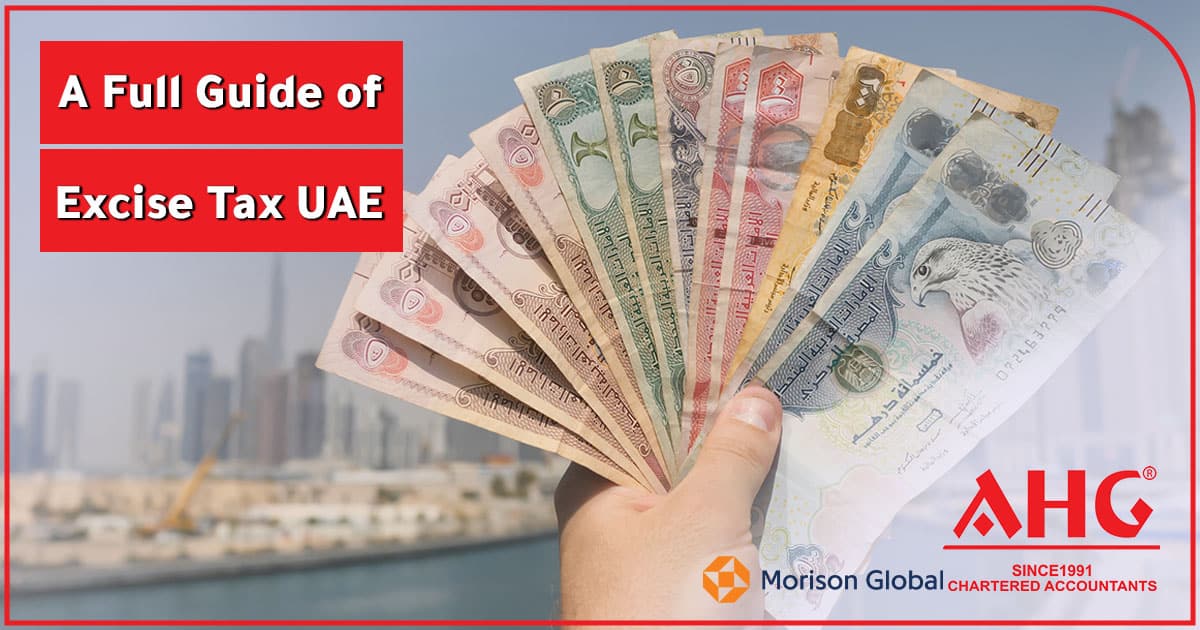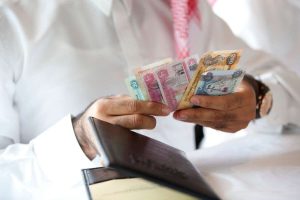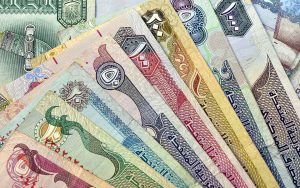Excise Tax UAE
The United Arab Emirates (UAE) recently rolled out major updates to its Excise Tax UAE Executive Regulations, effective December 1, 2023. These amendments, the first since the excise tax was initially introduced in October 2017, reflect the government’s dedication to improving tax policies for a more efficient and fair system. They formalize trends observed in excise tax audits and address compliance hurdles faced by businesses.
Excise tax UAE applies to goods deemed harmful to health or the environment, aiming to reduce their consumption and generate additional revenue. First introduced in 2017 and implemented fully by December 1, 2019, this tax covers a variety of products, from sugary drinks to tobacco. The revised regulations also provide clearer guidelines on taxable goods, rates, registration, and filing returns.These changes highlight the evolving nature of excise tax UAE, ensuring businesses stay compliant while preparing for smoother transitions under the updated framework.
also read: MEP Accounting Services UAE
What is Excise Tax UAE
Excise Tax UAE refers to an indirect tax imposed on specific goods considered harmful to health or the environment, such as tobacco products, sugary drinks, carbonated beverages, and electronic cigarettes. Introduced to curb the consumption of these unhealthy items while generating revenue for public welfare, the tax is applied at rates ranging from 50% to 100%, either at the point of production or import.

Unlike VAT, which is charged at each stage of the supply chain, excise tax is only applied once. Businesses involved in the production, import, storage, or sale of excise goods must register with the Federal Tax Authority, file returns, and settle the tax to avoid penalties for non-compliance.
Goods subject to Excise Tax UAE
Excise Tax UAE applies to the following goods classified as Excise Goods:
- Tobacco and Tobacco Products:
Includes items under Schedule 24 of the GCC Common Customs Tariff, such as:
-
-
- Cigarettes, cigars, and cigarillos.
- Chewing tobacco.
- Hand-rolling tobacco.
- Herbal smoking products.
- Snuff and expanded tobacco.
- Reconstituted tobacco sheets.
-
- Carbonated Drinks:
-
- All aerated beverages and concentrates, powders, gels, or extracts used to make such drinks (excluding unflavored aerated water).
-
- Energy Drinks:
-
- Beverages marketed as energy drinks containing stimulants like caffeine, taurine, ginseng, guarana, and similar substances.
- Includes concentrates, powders, gels, or extracts for energy drinks.
-
- Electronic Smoking Devices and Liquids:
-
- All electronic smoking devices and tools, whether they contain nicotine or not.
- All liquids used in these devices, with or without nicotine.
-
- Sweetened Drinks:
-
- Beverages with added sugar or sweeteners, including:
- Ready-to-drink beverages.
- Concentrates, powders, gels, or extracts for making sweetened drinks.
- Sources of sugar like white, brown, and powdered sugar, glucose syrup.
- Sweeteners such as saccharin, aspartame, sorbitol, and neotame.
- Beverages with added sugar or sweeteners, including:
-
- Exemptions from Sweetened Drink Tax:
-
- Beverages containing at least 75% milk or milk substitutes.
- Baby formula and baby food.
- Foods for special medical or dietary needs.
- Alcoholic beverages.
-
Rate of Excise Tax UAE
Excise goods are taxed at the following rates:
- Carbonated Drinks: 50%.
- Tobacco Products: 100%.
- Energy Drinks: 100%.
- Electronic Smoking Devices: 100%.
- Liquids Used in Electronic Smoking Devices: 100%.
- Products with Added Sugar or Sweeteners: 50%.
Excise Tax Regulations
When it comes to excise tax UAE, businesses need to stay on top of a few important responsibilities to ensure they’re playing by the rules:
- Registration: Any business that deals with excise goods in the UAE, whether through importing, producing, stockpiling, or managing these items in warehouses or designated zones, must register with the Federal Tax Authority (FTA). This applies to entities involved in:
-
- Importing excise goods into the UAE.
- Producing excise goods for local consumption.
- Stockpiling excise goods in the UAE.
- Overseeing excise goods in warehouses or designated zones.
-
- Calculating and Paying Tax: Businesses must calculate the excise tax owed on their goods based on the applicable rates after registration. Payments must then be made to the FTA following the official guidelines.
- Filing Returns: Excise tax returns need to be filed regularly, with each return submitted by the 15th day after the end of the tax period. These returns must include all necessary details about the excise tax owed, ensuring full compliance with the regulations.
Staying compliant with these requirements is crucial for businesses to avoid penalties and maintain smooth operations.
Responsibilities and Powers of the FTA
The Federal Tax Authority (FTA) plays a key role in managing and enforcing excise tax UAE, ensuring businesses comply with the rules while offering support and guidance for smooth operations. This includes helping businesses with registration and filing their returns. The FTA is also empowered to:
- Conduct Audits: Inspect businesses to confirm they’re following tax laws and impose penalties when they’re not.
- Verify Product Classification: Review and confirm whether a product qualifies as an excise good. This might involve asking for documents, running lab tests, or checking other evidence to verify the product’s ingredients.
- Update Price Lists: Establish procedures to add new products to the official price list.
If a business doesn’t provide the necessary documents on time, the FTA can classify the product as an excise good until proven otherwise. This ensures transparency and compliance with the regulations.
Conclusion
Thus we have come to know the most important points about Excise Tax UAE, What is Excise Tax UAE, Goods subject to Excise Tax UAE, Rate of Excise Tax UAE and the responsibilities and Powers of the FTA.
Managing finances as an influencer in the UAE can get complicated, but AHG makes it easier. With our experience in influencer accounting, we handle everything from tax compliance to financial planning, so If you need any tax services or tax consultancy, you won’t find better than AHG Legal Accounts. Each of our teams has extensive experience in this field and will provide you with the best services in a professional manner. Please feel free to contact us today, we are always waiting for your request to be fulfilled!
Click Here



